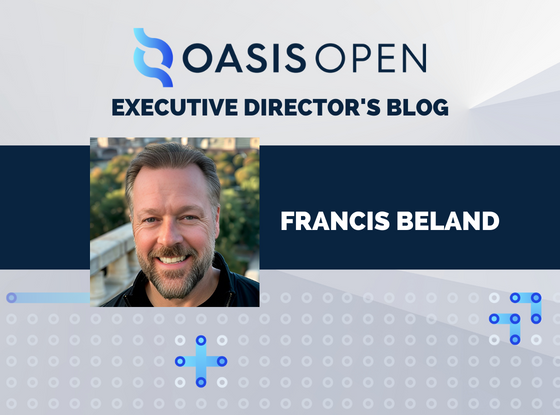
Recognizing the harmful effects of disinformation and how we can fight back
By Francis Beland, Executive Director, OASIS Open
Disinformation can have serious negative impacts on individuals, communities, and society as a whole. It is important to be aware of the dangers of disinformation and take steps to address it.
The deliberate spread of false or misleading information can have serious and far-reaching consequences. Disinformation erodes trust in institutions, government, and the media. This can lead to a breakdown in social cohesion and make it harder for people to make informed decisions. It can amplify existing divisions within society, creating polarized opinions and attitudes. This can lead to increased social unrest, conflict, and even violence.
Disinformation can cause people to believe things that are not true. This can lead to harmful behaviors, such as refusing to take necessary health precautions or making important decisions based on false information. In addition, it can be used to manipulate people’s opinions and beliefs for political or financial gain. This can undermine democratic processes and lead to the spread of harmful ideologies.
Finally, disinformation can be used as a tool to spread malware or phishing scams, leading to data breaches and other cybersecurity risks.
We can help solve these challenges by preempting and responding to disinformation by enabling information to be shared at machine speed and scale.
We can bring the counter-disinformation community together to define a common data model that describes disinformation, influence and harm campaigns.
OASIS will be announcing a new open source project soon addressing disinformation threat sharing. Want to join us in tackling this grand challenge? For details on being a founding sponsor, contact join@oasis-open.org.